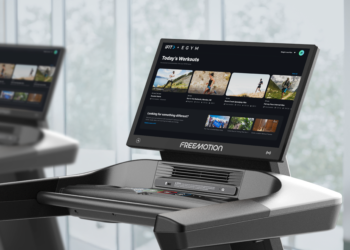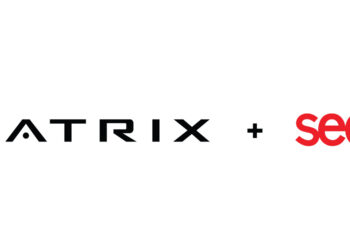In 2013, the Oxford Dictionary added a new word to its library: FOMO, or Fear Of Missing Out. The acronym describes a feeling of, “Anxiety that an exciting or interesting event may currently be happening elsewhere, often aroused by posts seen on social media.”
As a health club operator, it should be your goal to create FOMO events — those that members and guests don’t want to miss out on.
Tom Wingert, the vice president of marketing at City Fitness, is no stranger to creating FOMO events. Over the past few years the marketer has planned a wide range of successful gatherings, such as Commotion, a 240-person fitness event held at a concert venue; and a 50-person cycling class held at Philadelphia’s One Liberty Observation Deck.
City Fitness also recently announced an event series called Top-Secret Tuesdays, that will occur from April 30 to July 2, 2019. Each event will feature a workout led by City Fitness instructors surrounding a distinct theme and festive atmosphere — to be announced the Sunday before each week’s event.
Through the production of these activities, Wingert has gleaned a number of important lessons. Following are his tips for hosting FOMO events:
Offer a Unique Experience
In order to create a FOMO event, you have to create something that members and guests won’t experience elsewhere.
“We’re always challenged to put a unique spin on events,” said Wingert. “By adding our own elements, we create this unique situation that allows us to stand out from all the other brands and studios that are are offering an event of some kind. So the takeaway is just do something interesting and different. Once you have something interesting, then you have an interesting story to tell. You have something you’re promoting that people will actually be excited about and interested in.”

Focus on Engagement, Not Sales
According to Wingert, club operators should refrain from hosting an event that’s sole purpose is to generate membership sales.
“That is short-term thinking and ultimately will limit your ability to invest freely in events, whether it’s time or resources,” explained Wingert. “You need to view events as an opportunity to engage with people you wouldn’t otherwise. If you think about things in those terms, you’re going to be able to execute an authentic experience, and that will pay off down the road.”
Plan, Plan, Plan
Lastly, Wingert shared the importance of planning a marketing strategy ahead of time for any event you put together.
“If you start thinking about things a month and a half to two months in advance of an event, and then start planning out the individual tactics, it works out so much better,” said Wingert. “You have to put in the time and the energy to appropriately activate your channels, and then you press go — but that takes time. You just have to get ahead of it.”
Stay ahead in the fitness industry with exclusive updates!
Rachel Zabonick-Chonko is the editor-in-chief of Club Solutions Magazine. She can be reached at rachel@peakemedia.com.










